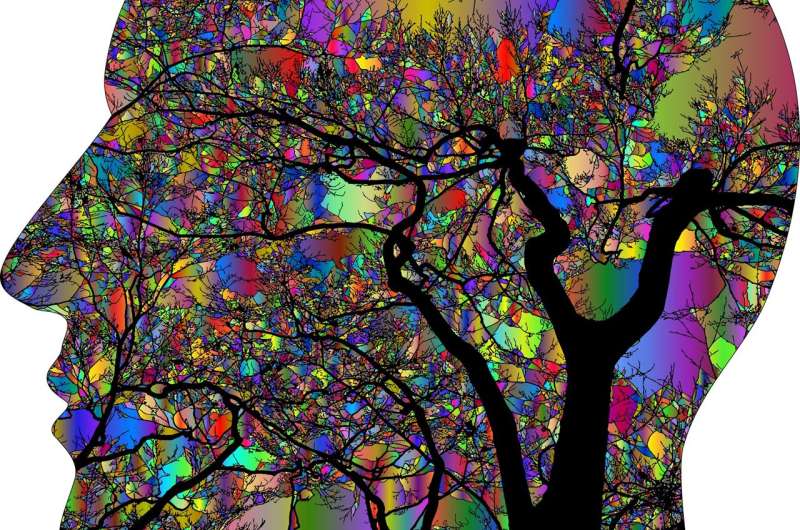
Psychedelic drugs like psilocybin, an ingredient found in so-called magic mushrooms, have shown promise in treating a range of addictions and mental health disorders. Yet, there’s something mysterious and almost mystical about their effects, and they are commonly believed to provide unique insights into the nature of consciousness.
Now, a new study by Johns Hopkins Medicine researchers addresses the question of whether psychedelics might change the attribution of consciousness to a range of living and nonliving things.
The findings, published March 28 in Frontiers in Psychology, reveal that higher ratings of mystical type experiences, which often include a sense that everything is alive, were associated with greater increases in the attribution of consciousness.
“This study demonstrates that when beliefs change following a psychedelic experience, attributions of consciousness to various entities tend to increase,” says Sandeep Nayak, M.D., postdoctoral research fellow at the Johns Hopkins Center for Psychedelic and Consciousness Research and one of the researchers involved in the study. “It’s not clear why, whether that might be an innate drug effect, cultural factors, or whether psychedelics might somehow expose innate cognitive biases that attribute features of the mind to the world.”
For the study, the researchers analyzed data gathered between August 2020 and January 2021 on 1,606 people who had had a belief-changing psychedelic experience. Participants averaged 35 years of age and were predominately white (89%), male (67%) and from the United States (69%).
Study participants completed an internet-based survey that included questions focused on belief changes attributed to a single psychedelic experience with a classic psychedelic substance (e.g., psilocybin mushrooms, LSD, ayahuasca). The survey also included questions about demographics, psychedelic use, personality, and scientific knowledge and attitudes.
The study found that among people who had had a single psychedelic experience that altered their beliefs in some way, there were large increases in attribution of consciousness to a range of animate and inanimate things. For example, from before to after the experience, attribution of consciousness to insects grew from 33% to 57%, to fungi from 21% to 56%, to plants from 26% to 61%, to inanimate natural objects from 8% to 26% and to inanimate manmade objects from 3% to 15%.
“On average, participants indicated the belief-changing experience in question occurred eight years prior to taking the survey, so these belief changes may be long-lasting,” says Nayak.
Classic psychedelics—the pharmacological class of compounds that includes psilocybin and LSD—produce visual and auditory illusions and profound changes in consciousness, altering a person’s awareness of their surroundings and of their thoughts and feelings. These substances produce unusual and compelling changes in conscious experience, which have prompted some to propose that psychedelics may provide unique insights into the nature of consciousness itself.
Source: Read Full Article
